As Washington retreats inwards from its traditional role as the hegemon of the system, ensuring some sort of equilibrium of the international system, doubts emerge on the future of the US-led groupings. China, the aspiring hegemon, hopes to find more space in the international order and claim leadership owing to the US’s perceived unreliability. The Quad, which is often misperceived as being a grouping aimed only to counter China, is one such important grouping, the future of which seems unsure.
Last month, several media outlets, including the New York Times and the South China Morning Post, speculated that American President Donald Trump had shelved his plans to visit India for the upcoming Quad meeting between the leaders of India, Japan, Australia and the US. The silence of the US State Department led to the confirmation bias of the speculation.
What remains odd nevertheless is that beyond Trump, the US in various capacities has made important statements and observations on the stability of the Indo-Pacific and of the Quad. A cursory glance at events around the Quad and the stability of the Indo-Pacific from July this year to now reveals that the interest remains in sustaining the Quad.
On July 1 this year, for example, the Foreign Ministers of the four Quad countries met in Washington DC, and the meeting was hosted by the US Secretary of State, Marco Rubio. The meeting welcomed initiatives like the Maritime Initiative for Training in the Indo-Pacific (MAITRI) workshop, launched STEM scholarships for 50 Indo-Pacific students, coordinated about $30 million in aid for the earthquake victims in Myanmar, condemned the terrorist attack against India this year, and looked forward to India’s Leaders’ Summit later in 2025.
Impact Shorts
More ShortsFollowing the ministers’ meeting, the State Department Spokesperson highlighted new Quad efforts to tackle regional challenges, including strengthened prosperity and security ties. It noted the US’s role in unveiling initiatives for Indo-Pacific stability.
In July, when the US Secretary of Defence Pete Hegseth met with the Philippines’ President Marcos to advance deterrence in the Indo-Pacific, the discussion focused on bilateral security cooperation as a pillar of broader regional stability, aligning with the Quad’s goals of countering threats and upholding international law. The exact same sentiments were on display during President Marcos’ visit to India in August, as he emphasised that the term “Indo-Pacific” is a correct evolution of the term “Asia-Pacific”, reflecting the region’s interconnected trade, politics and economy. India and the Philippines during the visit also reaffirmed the two countries’ commitment to a free, open and inclusive Indo-Pacific, governed by international law.
In July again, US Deputy Spokesperson Pigott announced progress on three major US trade initiatives in the Indo-Pacific, describing them as evidence of “sustained US leadership”, and strong partnership with allies. In August this year, the US Indo-Pacific Command (INDOPACOM) made a statement on regional security, which emphasised that the US and its allies are resolute in the commitment to maintaining stability and security against adversaries seeking to upend the status quo, underscoring the ironclad nature of US alliances in the Indo-Pacific. While China was not mentioned by name, it is known that China is a revisionist power in the international system, while status quoist powers include the US, India, Japan, Australia and so on.
Last month, in September, the US State Department made a statement on the commitment of the US to maritime security in the Indo-Pacific. Key points included upholding the freedom of navigation and overflight under international law. In 2025 alone, India has made several similar statements on the freedom of navigation. Examples include Defence Minister Rajnath Singh’s statement at a naval event in Goa that India will ensure the freedom of navigation and will not allow pressure on friendly nations.
In July, India’s External Affairs Minister, S Jaishankar, speaking at the Quad Foreign Ministers’ Meeting in Washington, underscored India’s responsibility for peace and prosperity in the Indo-Pacific amid rising tensions. In August 2025, Prime Minister Narendra Modi, during his bilateral meeting with President Marcos, reiterated India’s support for freedom of navigation in accordance with international law, highlighting the Philippines as a key partner in the Indo-Pacific Ocean vision.
What is also pertinent to mention in this context is that the first-ever Quad-at-Sea Ship Observer Mission was completed in July this year and involved coast guards from India, Japan, Australia and the US. In September, in his meeting with Jaishankar at the United Nations General Assembly (UNGA), Rubio reiterated India’s critical importance to the US, and the two leaders agreed to continue working together to promote a free and open Indo-Pacific region, including through the Quad, with emphasis on collaboration in trade, defence, energy, pharmaceuticals, and critical minerals.
When PM Modi visited Tokyo in August this year and met Japanese Prime Minister Ishiba, the two sides expressed serious concerns over unilateral actions in the East and South China Sea and opposed efforts to change the status quo by force, endangering freedom of navigation and overflight. While China was not mentioned again by name, the fact that China has unilaterally attempted to alter the status quo in the South and East China Seas is well known.
In 2025, the Australian Navy’s destroyer, HMAS Sydney, was deployed to the Indo-Pacific from March to July for training, exercises, and engagements. HMAS Sydney participated in various activities, including Exercise Bersama Shield and a multilateral maritime cooperation activity in the Philippines’ Exclusive Economic Zone. A Freedom of Navigation activity was also conducted by HMAS Sydney, with the UK’s HMS Spey, near the Spratly Islands in accordance with the United Nations Convention on the Law of the Seas (UNCLOS).
In August, Australian Defence Minister Richard Marles emphasised the expectation that all countries should respect the freedom of navigation and overflight. In his statement with his Philippine counterpart, Marles expressed serious concern over the situation in the South China Sea, particularly dangerous and coercive actions by China against Philippine vessels.
From all the events and joint statements from the four Quad countries, it is adequately clear that the Quad needs to only get stronger. All four Quad countries have displayed similar concerns and similar respect for international law in the Indo-Pacific. What becomes a hurdle, however, is Trump’s erratic policies and statements, equating foes like China, allies like Japan and Australia and friends like India alike.
Given the statements from other important figures in the US beyond Trump, it is clear that the appetite for the strengthening of the Quad remains. While the three other Quad countries brace for more unpredictable and ill-planned policies from Trump, it is pertinent that the three at least keep engagements sustained and hope for the Trump storm to blow over, because the Quad is here to stay.
Sriparna Pathak, Professor of China Studies, and Associate Director, Motwani Jadeja Institute of American Studies, OP Jindal Global University. The views expressed in the above piece are personal and solely those of the author. They do not necessarily reflect Firstpost’s views.


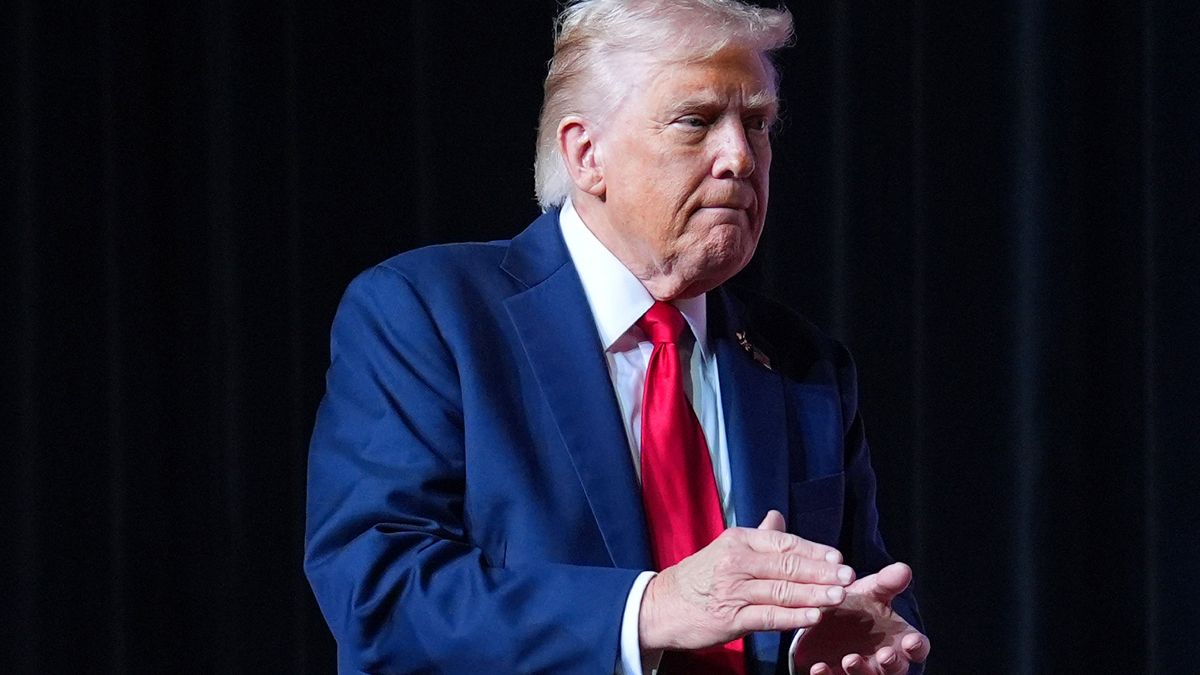)
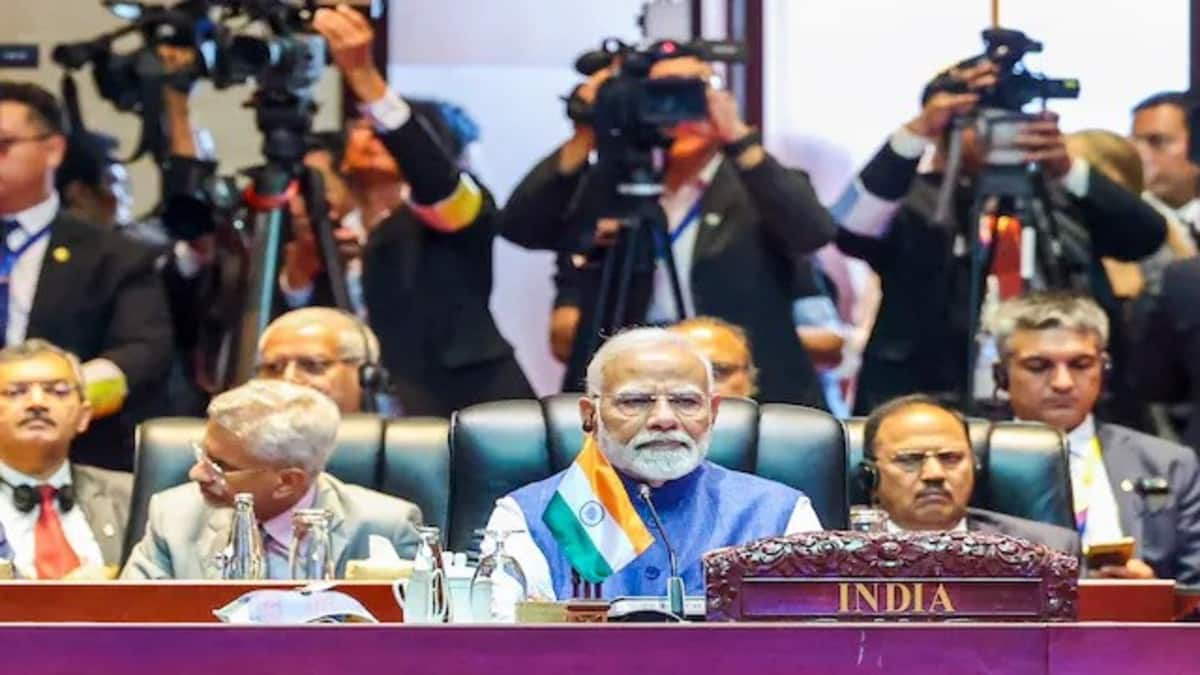
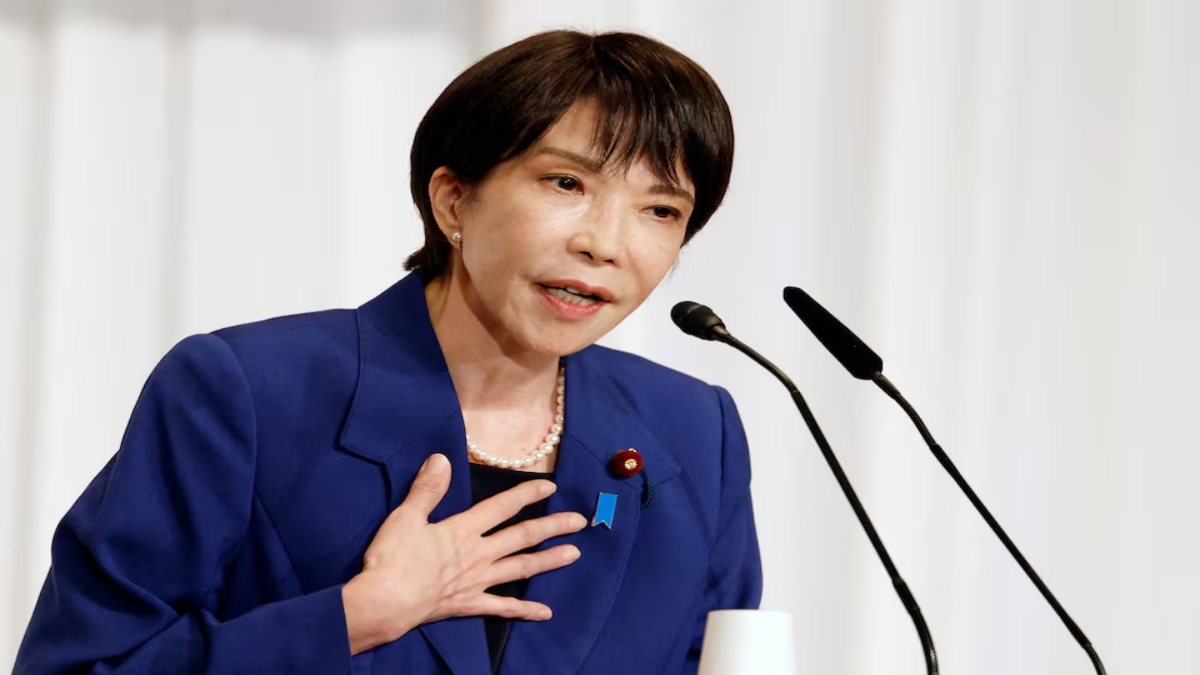)
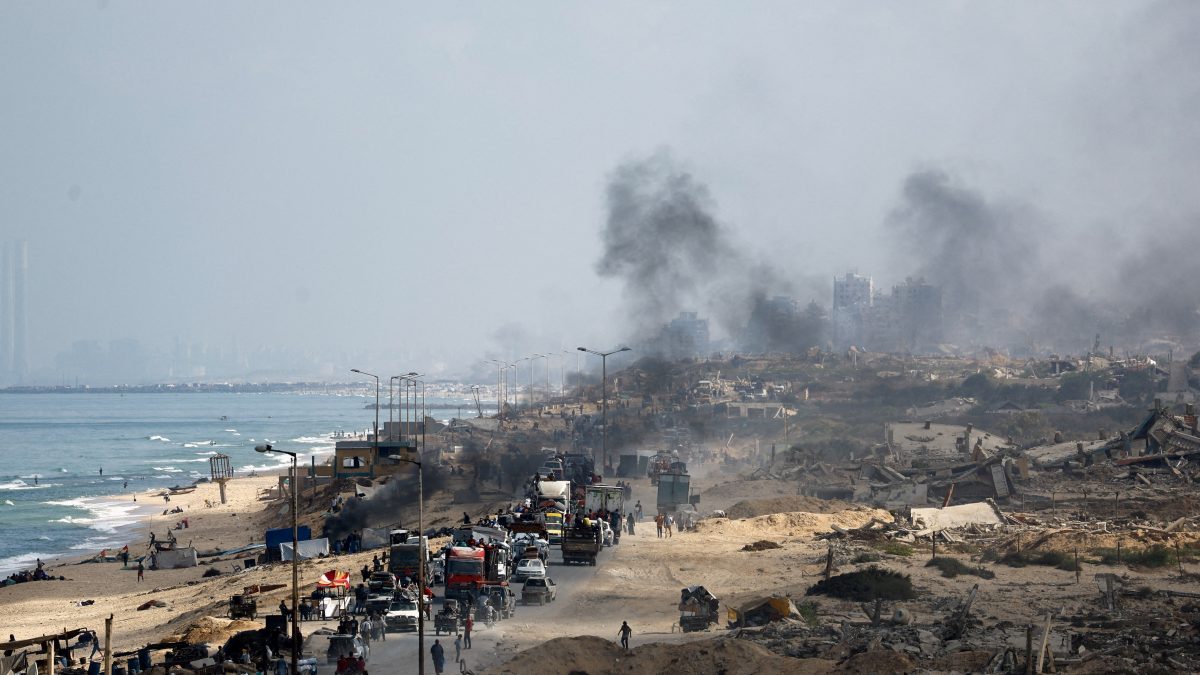)
)
)
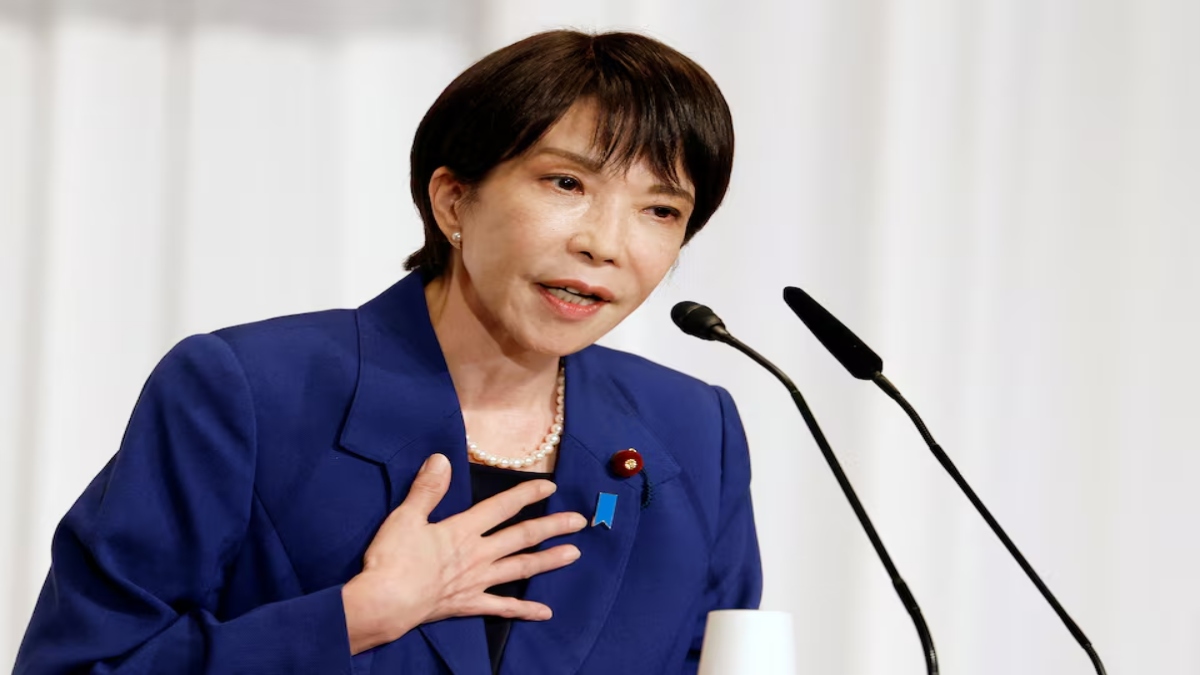)
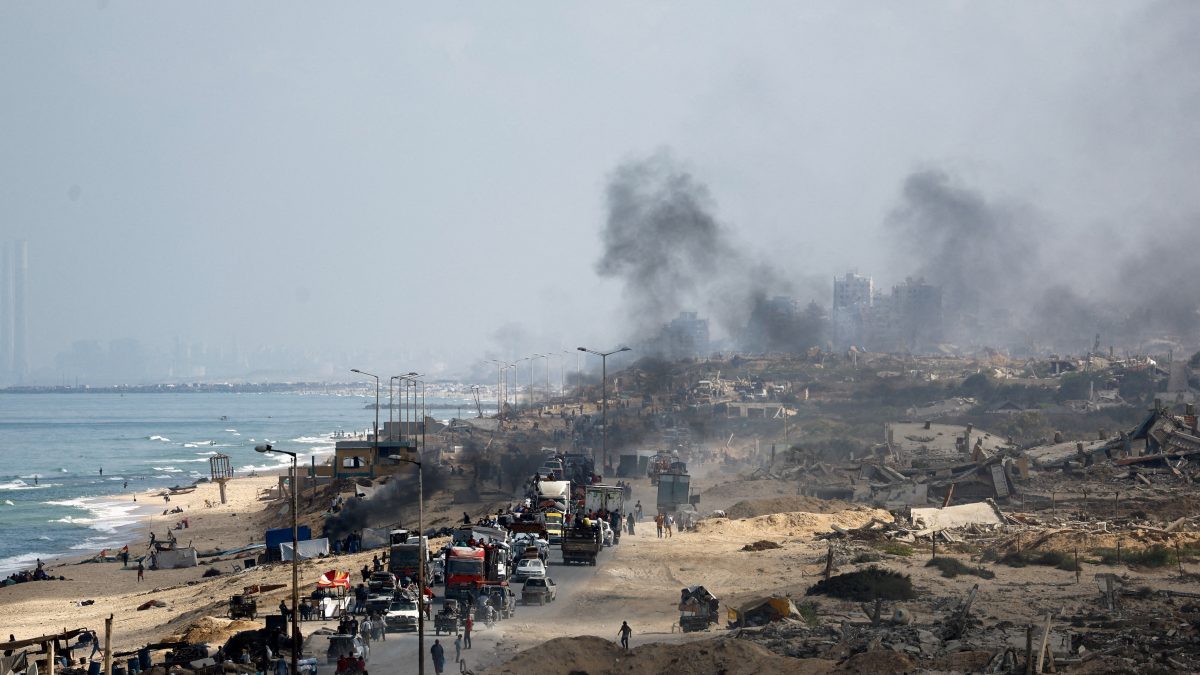)
)
)



